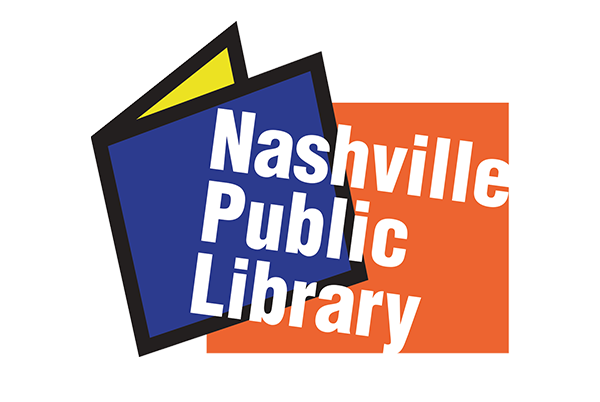
All library locations are closed Monday, Nov 11 in observance of Veterans Day.
Gathering around a fire to share ghost stories was a beloved Christmas tradition in the late 1800s into the early 1900s. “There’ll be scary ghost stories and tales of the glories of Christmases long, long ago,” quotes a line from the 1963 Andy Williams classic, “The Most Wonderful Time of the Year.” The tradition lingered until the early 20th century with magazines regularly running ghost stories in their Christmas issues.
Historically, December 25th has a close link to pre-Christian solstice festivals that viewed mid-winter as a time when light dies and the veil between the world of the living and the dead is most thin. These festivals honored the winter solstice rather than Christianity. Mistletoe, holly berries, wreaths, and yule logs, for instance, are all pagan symbols associated with the solstice. Celebrations like Yuletide symbolically celebrate the death of light and the longest night of the year. For this reason, the date was considered to be the most haunted as the veil between the realms of the living and the dead was gossamer-sheer.
Later, thanks to traditions adopted by Irish and Scottish immigrants, Halloween was embraced in the United States and designated the official spooky season while Christmas was purified.
To celebrate the Christmas season and the tradition of telling ghost stories on Christmas Eve, we are presenting two ghost stories by the esteemed and renowned American author Edith Wharton, who was the first woman to win the Pulitzer Prize in Literature. She once said, “I don’t believe in ghosts, but I’m afraid of them.” She is known to have burned several books of ghost stories, claiming that she couldn’t bear to be in the same house with them, and in her early life was so afraid of the very idea of ghosts that she never slept without a night light of some kind. Her home in Lenox, Massachusetts, called the Mount, is believed to this day to be haunted and offers “ghost tours” on the 113-acre property.
Our first Christmas ghost selection is entitled “Afterward,” and after a few twists and turns in the plot, we are brought to believe in a very vengeful ghost whom one can only recognize in hindsight.
Perhaps this year—after wrapping presents, snacking on holiday fare and sipping on mulled wine—you might consider inviting loved ones to gather round the fire to share ghost stories or summon specters for a Christmas Eve séance. You know, in the spirit of tradition.
“Afterward,” by Edith Wharton…we begin….